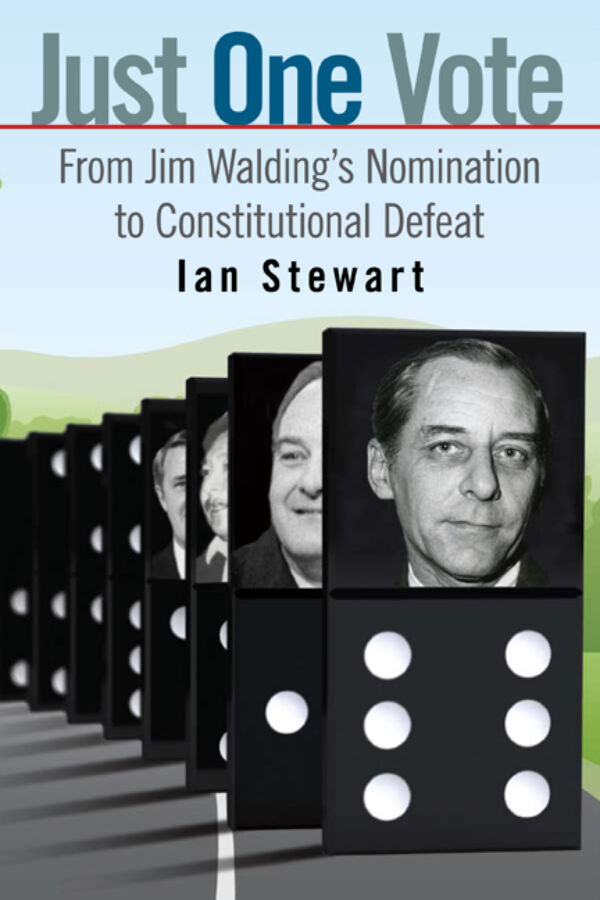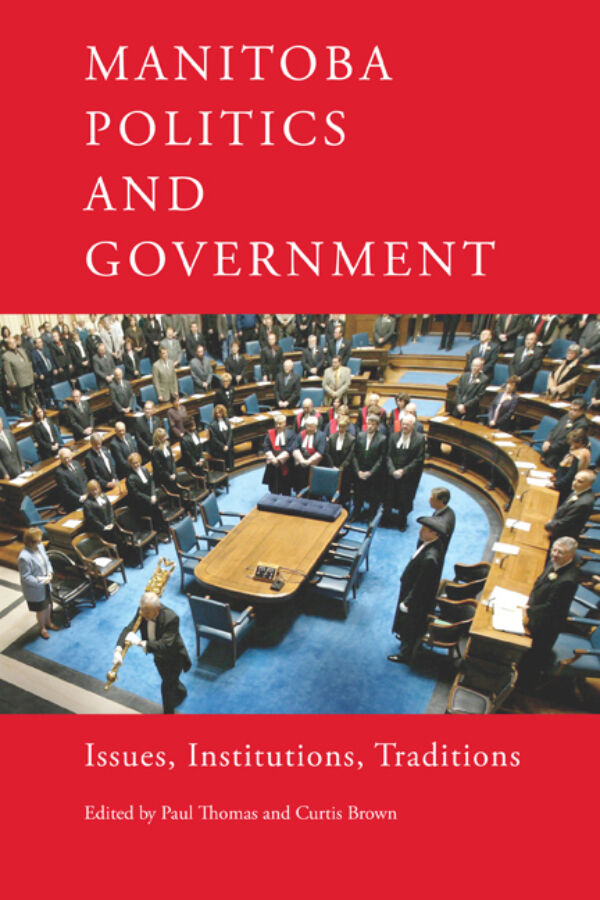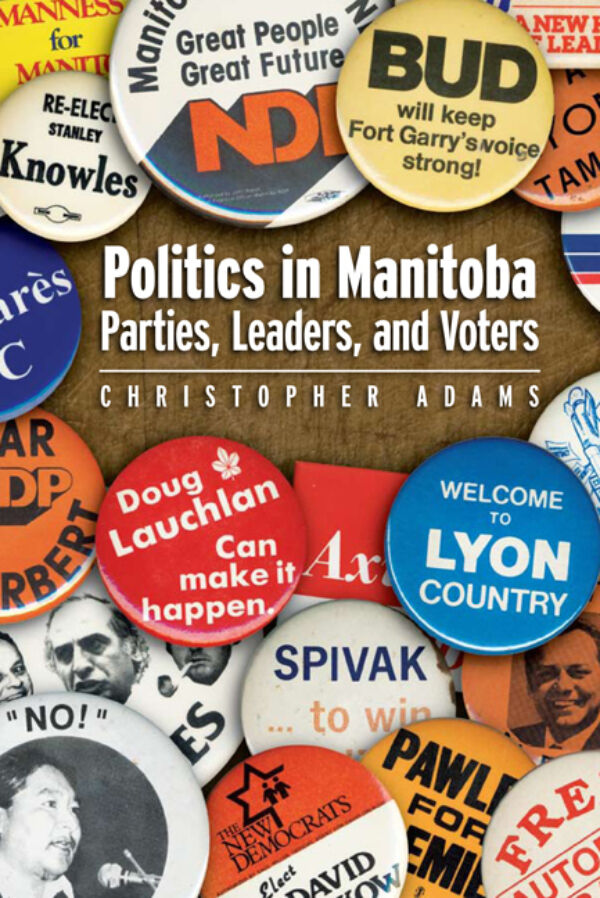Overview
On January 12, 1986, Jim Walding was nominated as the New Democratic Party candidate for the Manitoba constituency of St. Vital. Although Walding had been an MLA for fifteen years, he had fallen out of favour with key elements in his party, and won the nomination by only a single vote. Walding went on, in turn, to bring down his own government by a single vote, marking the only time in the history of Canadian politics that a majority government was brought down from within. Combining data drawn from archives, interviews, and the media, Just One Vote is a vivid and exceptionally detailed study of the nomination process. Ian Stewart outlines the geographic, social, and political backdrop behind Walding’s contested party nomination, the unusual chain of events triggered by the contestation, including the fall of the Pawley government and the NDP’s defeat in the 1988 provincial election, and examines the fallout from these events on Manitobans and Canadians.
Reviews
“A welcome addition to the already significant Canadian literature on the New Democratic Party of Manitoba. The attention paid to this subject reflects the party’s democratic socialist ideology and its domination of provincial politics for much of the past 40 years, including Manitoba’s current government.”
James A. McAllister, Great Plains Research, Vol. 20, No. 2
“Stewart’s attention to detail is remarkable. … As a contribution to local and and provincial political history it is first-rate, and as a contribution to the literature on the Canadian political process it succeeds on many different levels.”
Jim Mochoruk, University of North Dakota, North Dakota Quarterly, Summer 2009.
About the Author
Table of Contents
1. Introduction - 2. The Setting - 3. The Incumbent - 4. The Campaign - 5. The Vote - 6. The Aftermath - 7. The Fallout - 8. Conclusion - Appendix A: List of Interviewees - Appendix B: Correspondence





